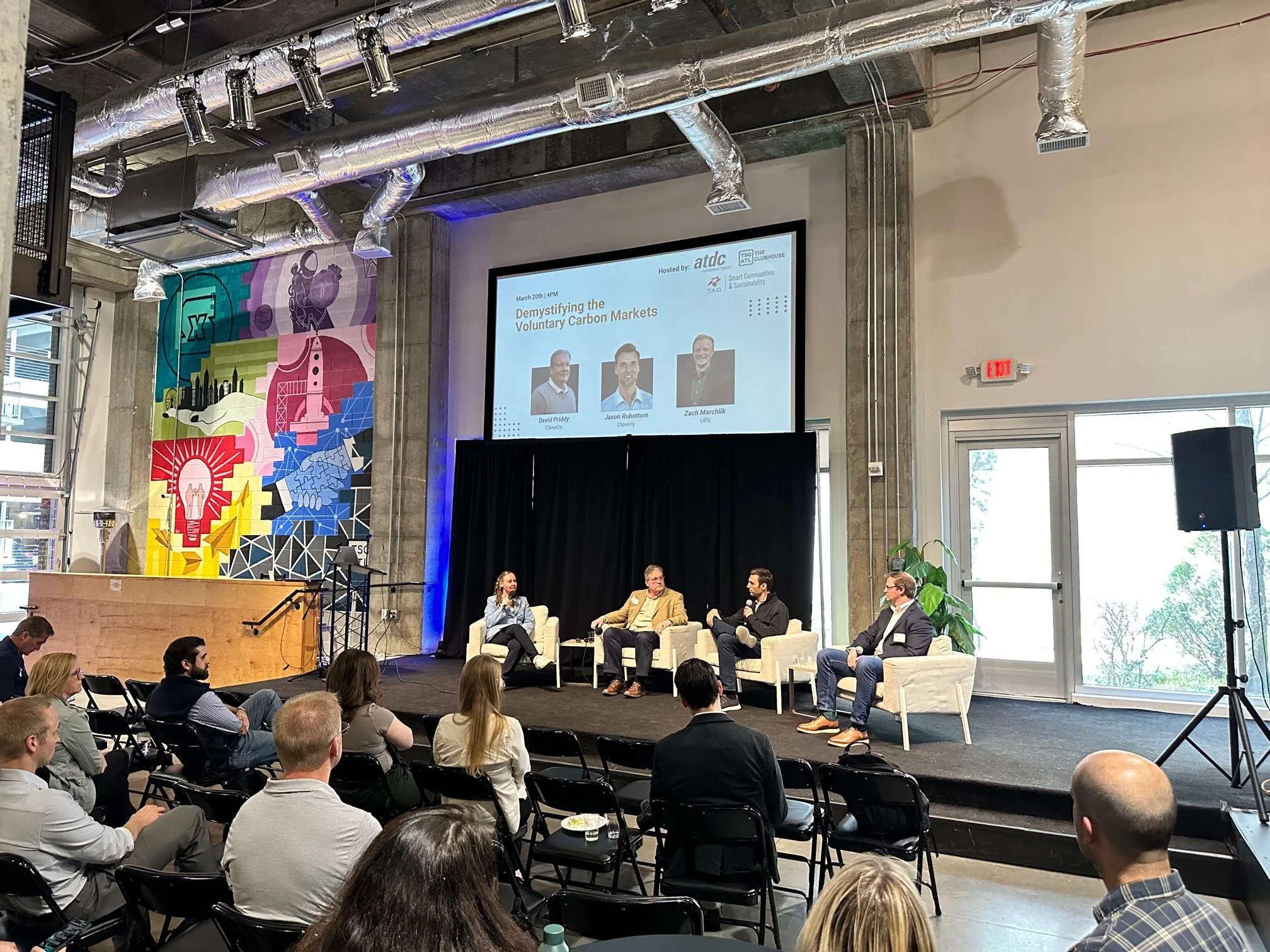Demystifying the Voluntary Carbon Markets
In 2022, Stripe, Alphabet, Meta, Shopify, and McKinsey collectively pledged $925 million to pre-purchase carbon removal credits. Their initiative, called Frontier, stimulated demand for technologies and services that facilitate the sequestration of carbon dioxide from the atmosphere, but the exact mechanism by which carbon credits are generated, sold, and purchased is still very opaque. The lack of clarity presents a barrier for many scientists, investors, entrepreneurs, and consumers who want to engage with the voluntary carbon markets.
Carbon credits, carbon offsets, carbon markets… What's the difference? How do they work? Do they even work? Consumers wonder what it means when they are asked to “offset their carbon footprint” when buying a plane ticket. Corporate sustainability leaders wonder if and how offsets can fit into their carbon action plans. Entrepreneurs wonder if they can create new revenue streams from carbon offsets. So many questions!
On March 20, the Tech Square ATL (TSQATL) community came together to discuss and explore the basic concepts and latest trends happening across the carbon removal industry. The event kicked off with a short background presentation followed by a discussion led by an incredible panel of experts, including:
David Priddy, VP of Business Development at ClimeCo: David currently serves on ClimeCo’s corporate business development team, which supports the firm’s three operating units. His primary responsibilities include leadership of the New Client Outbound program, the Strategic Partner program, and key market initiatives. Prior to this role, David served as VP of Sales & Marketing for both ClimeCo and Edenfort LLC (a ClimeCo JV), as Plastics Market Leader, and as a developer in ClimeCo’s regional air quality management program.
Jason Rubotton, CEO of Cloverly: Jason is the CEO of Cloverly, the most advanced digital infrastructure powering the voluntary carbon markets. A critical partner to over 200 global enterprises, Cloverly empowers organizations that buy and supply carbon removals through transparency, rigor, and innovation. Prior to Cloverly, Jason was an Entrepreneur-In-Residence with Engage Ventures and a consultant and advisor to various startups. Jason was previously the CEO of Ally Commerce, an ecommerce software company that was recognized as one of the fastest growing companies in America for several years in a row.
Zach Marchlik, Director of Sustainability at UPS: Zach is a director of sustainability for UPS. He works with cross-functional stakeholders to execute initiatives that enable the achievement of the company’s sustainability targets and commitments and develops green products that enable UPS customers to achieve their sustainability goals. He has more than nine years of experience with UPS, with roles spanning the procurement, treasury, and corporate strategy teams.
Although the carbon market landscape is complex, the lively discussion and insights shared by the panelists shed light on some of the most pressing questions. Most importantly, the event brought together people in the Tech Square ATL community who are interested in participating in carbon removal projects either as innovators, investors, or consumers. TSQATL will continue supporting the climate tech community in Atlanta, and encourages anyone who is interested in connecting with like-minded folks to reach out or check out these upcoming events:
A huge thank you to our panelists and Jen Singh for doing a fantastic job moderating, as well as our partners ATDC and TAG!

